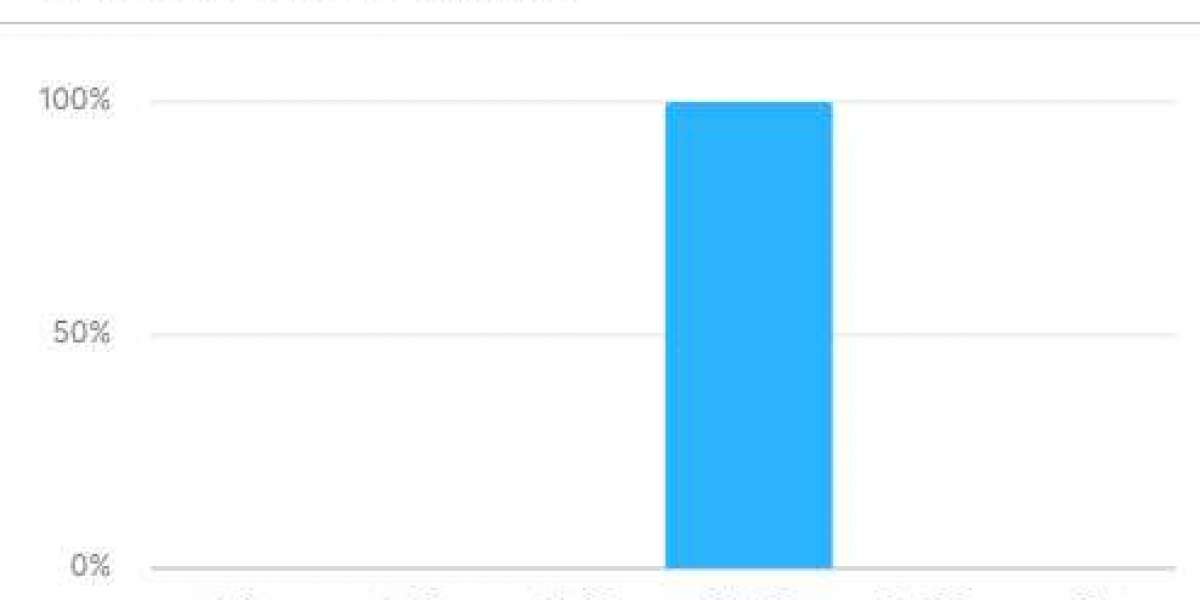The Home Office may notify an organisation in writing that its sponsor licence has been suspended or revoked following allegations of major compliance violations. This may have significant repercussions for the employer as well as the sponsored employees.
What does revocation of a sponsor licence mean?
Your business will no longer be able to seek for, hire, and sponsor migrant workers if your sponsor licence is withdrawn. For most businesses, the consequences of losing a sponsorship licence would be disastrous. Sponsoring qualified migrant workers has become crucial for many organisations to be competitive and even operate because the local labour market is lacking competent personnel across a variety of industries.
Unless they can submit a fresh, successful visa application to remain in the UK within the timeframe, any sponsored workers that you employ in the UK under the licence must quit their jobs with your company and depart the country within 60 days, or by the date that their visa expires, whichever comes first.
Why are sponsor licences cancelled?
Owners of sponsor licences are subject to a complicated set of requirements and guidelines that they must follow for the whole four-year period of their license's validity. If this is not done, the Home Office may suspend or even revoke the sponsor licence.
The sponsor licence is immediately cancelled if it is revoked. The Home Office will conduct additional inquiries of third parties including HMRC and the employer while the sponsor licence suspension is in effect. Following the conclusion of this investigation process, a decision will be made about the reinstatement, downgrading, or revocation of the sponsor licence.
The employer may be penalised for its acts or inactions in addition to having the sponsor licence revoked or suspended. These fines can total up to £20,000 per unlawful worker, however, the amount can vary based on the circumstances.
Have you received a letter revoking your sponsor licence?
You will only have a certain amount of time to act and reply if UKVI has informed you that your sponsor licence is being cancelled. Your subsequent actions will be crucial in determining how the Home Office enforcement action turns out.
A revocation decision cannot be appealed, however judicial review of the decision may be a possibility that should be carefully considered. Judicial review is the process through which the courts determine whether a governmental agency's judgments have been just, legal, and accurate. A quashing order, which basically gives the court the power to recast the judgement, may be issued by the court if it finds that the decision was not just, legal, or accurate. There is no assurance that the sponsor licence will be reinstated at the end of judicial review, which is a costly procedure.
The alternative is for the employer to postpone applying for a sponsor licence until the "cooling-off period" has passed. Although the applicant will need to address the causes of the prior revocation, this is virtually the same as submitting an original sponsor licence application.
In any case, organisations should adhere to these procedures to enable them to choose how to react to the revocation notification letter.
Confirm that you received the mail.
In our opinion, proactive communication with the Home Office during the revocation process is advantageous and can show a willingness to collaborate and find solutions. Respond to requests and work with others throughout the process.
Recognize the accusations
Understanding the reasons for revocation comes next. The reasoning for UKVI's decision to move on to the revocation step will be explained in full in the letter of notice.
A sponsor licence may be cancelled or suspended for a number of reasons, most frequently because the employer has broken one of the licence holders' rules and regulations. While some actions or inactions may automatically result in suspension or revocation, other decisions will be left up to the Home Office's discretion.
Where there are claims of major infractions of UK immigration laws and the employer's prevention of unlawful working obligations, such as:
- False information being provided on the sponsor licence application
- Illegal hiring of employees
- Failing to deliver the documentation the Home Office has sought
- Inappropriate use of or completion of a Certificate of Sponsorship
- Chronically bad record-keeping
If the employer has done any of the following, for example, a licence suspension may be the appropriate punishment:
- Not giving a sponsored employee the right compensation in accordance with the visa criteria
- Paid a sponsored worker with cash
- During an inspection visit, UK Visas and Immigration was not cooperative.
Your response should be influenced by the justifications listed in the notice letter.
For instance, if you can show that a factual inaccuracy underlies UKVI's reasons, you will need to gather enough proof to justify the rectification of that factual error.
Create your reaction plan
To discuss and confirm the company's stance in light of the claimed violation, gather all pertinent individuals involved in the management of the sponsor licence in one location (es). Discuss the reasons for revocation, the intended result, and any compliance problems.
It could be possible to request a temporary downgrade of your licence, allowing you to continue hiring sponsored employees in the UK, depending on the claimed violation(s) and the overall circumstances of your case.
In rare instances, the violation can be so serious that the Home Office responded appropriately.
In other situations, it can be reasonable to develop evidence to show that revocation of the sponsor licence will have wider repercussions and be an excessive response. Put the revocation in its proper context. Your answer should, whenever feasible, show the wider economic effect of a cancelled sponsor licence, such as redundancies outside of the impacted sponsored workers, in addition to giving factual proof. For one client, we were able to convince the Home Office in our answer that losing the sponsor licence would cause the firm to lose a significant commercial contract, which would lead to layoffs affecting more people than just the sponsored workers.
To agree on the response to UKVI and assign responsibilities for action points and corrective measures, you must move quickly. To demonstrate that problems are being resolved successfully, timelines and responsibilities must be shared both within and with the Home Office.
Collect evidence
Cooperation, precision, and speed are essential in this case, therefore it's critical that an employer has an urgent discussion about the problem and decides on a strategy with its appropriate staff members and legal experts.
It will be crucial to gather pertinent and reliable proof to back up your statement. This procedure may be difficult depending on your company's size and organisational structure, where papers are held and kept across several sites and services, such as payroll data. Internal obstacles or problems won't interest the Home Office. Indeed, this could make the problems with violating sponsor licence obligations worse.
Address the violations of compliance
If the Home Office identified any compliance problems in the revocation notification, they must be addressed and fixed right away. The Home Office should receive documentation of all the steps you have done and planned to increase compliance.
Even if the revocation is lifted, you should anticipate continued Home Office investigation in the near future. The UKVI retains the right to conduct a compliance inspection and request and inspect company paperwork, just like it has the right to do with any sponsor licence holder. Where there have been past compliance problems, expect to be higher on the priority list.
Wait for the verdict
After receiving the response, the Home Office intends to make a judgement within 20 working days, however, there can be a little delay if the situation is difficult or if other parties, including HMRC, are involved.
Effects of having a sponsor licence revoked
Regardless of the kind of visa, you will not be permitted to hire or employ non-UK residents under the terms of your sponsor licence if it is cancelled. Revocation results in the employer's removal from the sponsors' list. This implies that the employer can no longer employ its previous sponsored employees and cannot sponsor new employees.
A sponsor licence revocation prevents an employer from reapplying for a sponsor licence for a set amount of time (the "cooling off period"), which is 12 months from the date of the revocation.
The loss of a sponsor licence can have major negative effects on an employer's company since a sizable section of its staff may be abruptly laid off. Productivity and perhaps the company's competitive edge would be impacted by this. Additionally, the reputation of the firm and staff morale is likely to suffer. The Home Office's imposition of fines against the employer may also have an impact on the company's financial situation.
A sponsor's licence being cancelled and how it affects sponsored employees' visas
Any sponsored employees who were working at the time the licence was cancelled will have their right to remain in the country restricted. Any such worker will have 60 calendar days from the date of revocation to depart the UK, get sponsorship from a different employer, or submit a fresh visa application under a different visa category. If the worker is able to get new employment, they will have to file a fresh visa application under the sponsorship of their new employer.
The worker will not be allowed a 60-day grace period to leave the country or make other arrangements, and their permission to remain in the UK will be promptly revoked if they knew their employer was in violation of the sponsor licence requirements and obligations.
Any outstanding visa applications submitted under a sponsor licence that is revoked would be ruled invalid. Therefore, if a sponsored worker's employer (or potential employer) has their sponsor licence withdrawn during the application process, they will not be awarded a visa, such as the Skilled Worker visa or ICT visa. These employees won't always be told of the cancellation by the Home Office, and they won't have the 60-day grace period to leave the country or make other plans.
Any sponsored worker who has to leave the country but doesn't do so within 60 days might be imprisoned and expelled. Following this, all subsequent requests to return will be denied for 10 years.
Stay Connect with our Legal Blog








